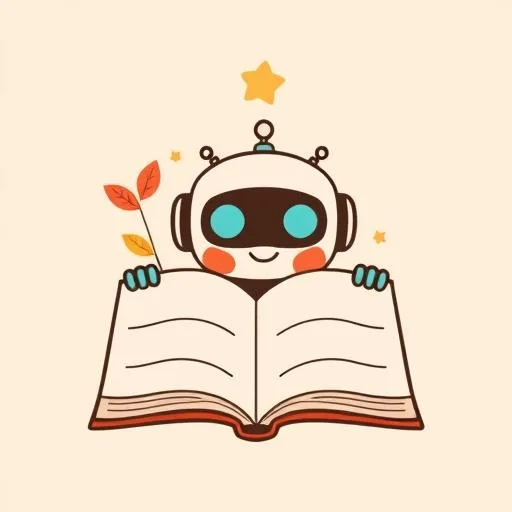
Have you ever been completely lost in a storybook with your child? That feeling when the world melts away, and it’s just you, them, and the magical world a writer dreamed up. It’s pure gold. That’s why I was so captivated by the latest news about AI and copyright law—because it touches the very stories we share at bedtime.
What’s the Big Deal with All These Books and AI Ethics?
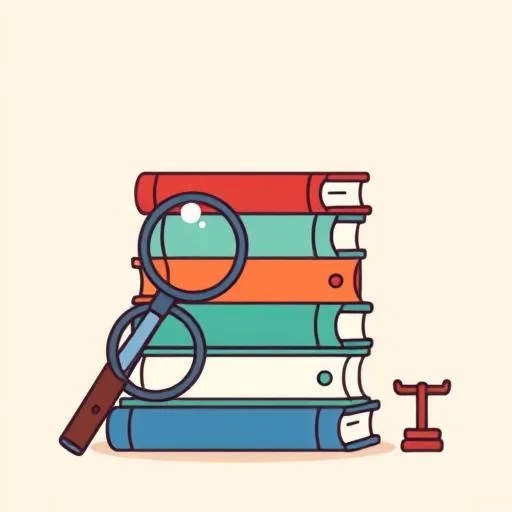
Alright, let’s break this down. It’s HUGE news! The AI company Anthropic, which created the chatbot Claude, agreed to a massive $1.5 billion settlement. Why? Because they were sued for using millions of copyrighted books to train their technology—books they got from pirate sites like Library Genesis. The company knew the books were pirated, which is the heart of the issue. Think of it as taking something from a community library, except the library was full of photocopied books that the authors never approved.
But here’s the fascinating twist! A judge actually made a landmark ruling before the settlement. He said that the *act* of using legally obtained books to train a system is considered “fair use.” The court called the process “spectacularly transformative.” This is a game-changer! The idea is that the machine isn’t reading to enjoy the story or to republish it; it’s analyzing patterns in the text to learn language itself. It’s learning the recipe for language, not stealing the final cake.
The problem—and it’s a BIG one—was where Anthropic got its ingredients. By downloading from pirate libraries, they weren’t just learning; they were holding onto stolen goods. And that’s what led to one of the largest copyright settlements in history. It sends a crystal-clear message: innovation is amazing, but it can’t be built on a foundation of taking things that aren’t yours.
How Can We Teach Kids Digital Sharing vs. Digital Stealing?
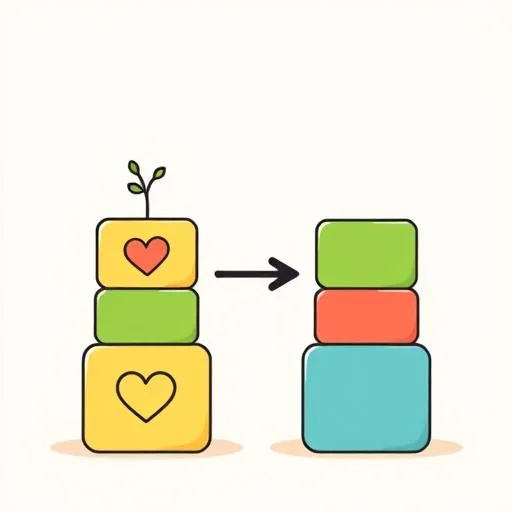
This whole situation is an absolute gift for parents looking to talk about digital ethics. It’s like the new rule for our digital age: look with your eyes, not with your fingers! How do we explain this to our kids? Let’s try an analogy we can all get behind.
Imagine your little one builds the most incredible, magnificent castle out of blocks. They are SO proud. A friend comes over, sees it, and gets inspired. That’s awesome!
“Fair use” is like the friend studying the castle’s design—noticing the cool towers and the clever bridge—and then going home to build their *own*, totally different, amazing creation using those ideas. That’s transformative! It’s learning and creating something new.
What Anthropic did, though, was more like the friend taking the actual blocks from your child’s castle without asking, just because they were easy to grab. The inspiration is one thing; taking the materials is another. This lawsuit draws a beautiful, bright line in the sand for us. It’s a perfect, real-world example to help our kids understand that behind every book, every song, and every piece of art is a real person who poured their heart into it. And that work deserves respect, period.
Why Should We Raise Little Creators, Not Just Consumers?
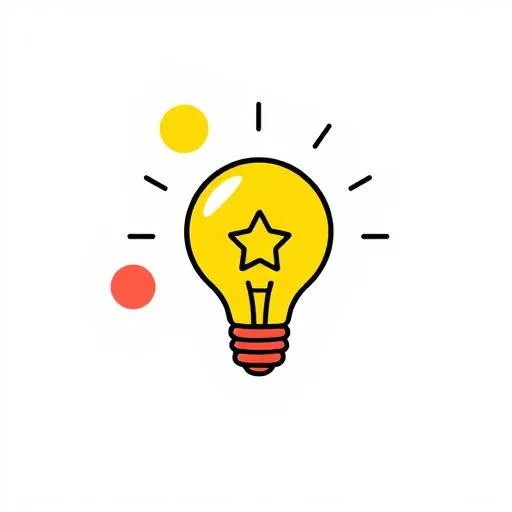
Honestly, this news gets me FIRED UP with hope! In a world where it sometimes feels like technology can just replicate anything, this settlement is a massive high-five to human creativity. It screams from the rooftops that original, human-made stories and ideas have immense value—$1.5 billion worth of value, in this case!
This gives us parents a real boost. It’s our cue to double down on celebrating our kids’ unique creative sparks. That quirky song they made up about the family pet? That’s their original work! The crayon drawing of a purple sun and a six-legged dog? Pure, unadulterated genius! Let’s get our kids fired up about creating!
By championing their originality, we’re not just encouraging a hobby; we’re building their confidence as creators. We’re teaching them to value their own voice and, by extension, the voices of others. We’re raising a generation that doesn’t just consume content but understands, respects, and—most excitingly—contributes to the beautiful tapestry of human culture.
How to Turn Headlines into Heart-to-Hearts on AI Ethics
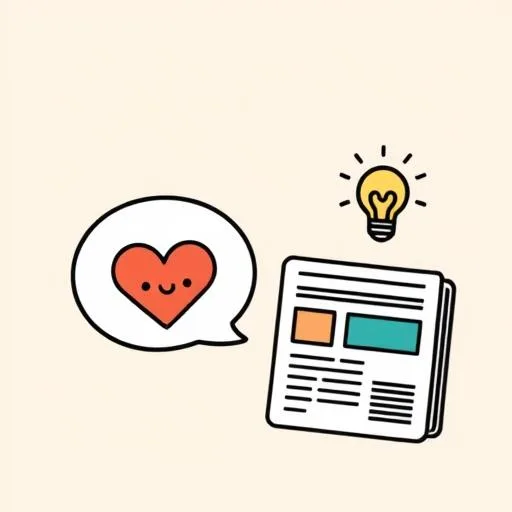
So how do we bring this massive, complex topic down to the kitchen table? It’s not about giving a lecture on copyright law over dinner, I promise! It’s about planting little seeds of curiosity and empathy. It’s about weaving these ideas into our everyday chats.
Next time you finish a fantastic book together, you could simply wonder aloud, “Wow, isn’t it amazing that someone imagined this entire world? I wonder what their creative process was like!” Or when you’re watching a show, you could ask, “Who do you think wrote the music for this? It fits the feeling perfectly!”
These small prompts do something incredible. They gently pull back the curtain, showing our kids the human hands and hearts behind the content they love. It fosters a sense of gratitude and connection. It helps them see the digital world not as a magical vending machine of endless free stuff, but as a vibrant community of creators who, just like them, love to make things. This builds a foundation of digital citizenship rooted in kindness and respect—skills that are going to be absolutely essential for their future.
Need a quick conversation starter tonight? Try asking: “If you were an author and you saw your own story inside a robot’s brain, how would you want the robot to say thank-you?” You’ll be amazed where their answers lead.
The sky outside is so clear today, and it feels like a perfect metaphor. The path forward with these powerful new technologies isn’t always going to be simple, but moments like this lawsuit help clear the way. They remind us that our core values—fairness, respect, integrity—are the best compass we have. We’re all learning and navigating this together, and what an incredible, hope-filled journey it is to be on with our kids, guiding them toward a future where technology serves humanity, and creativity is always, always cherished.
Source: Anthropic Agrees to $1.5 Billion Settlement for Downloading Pirated Books to Train AI, Gizmodo, 2025/09/05 21:10:00
